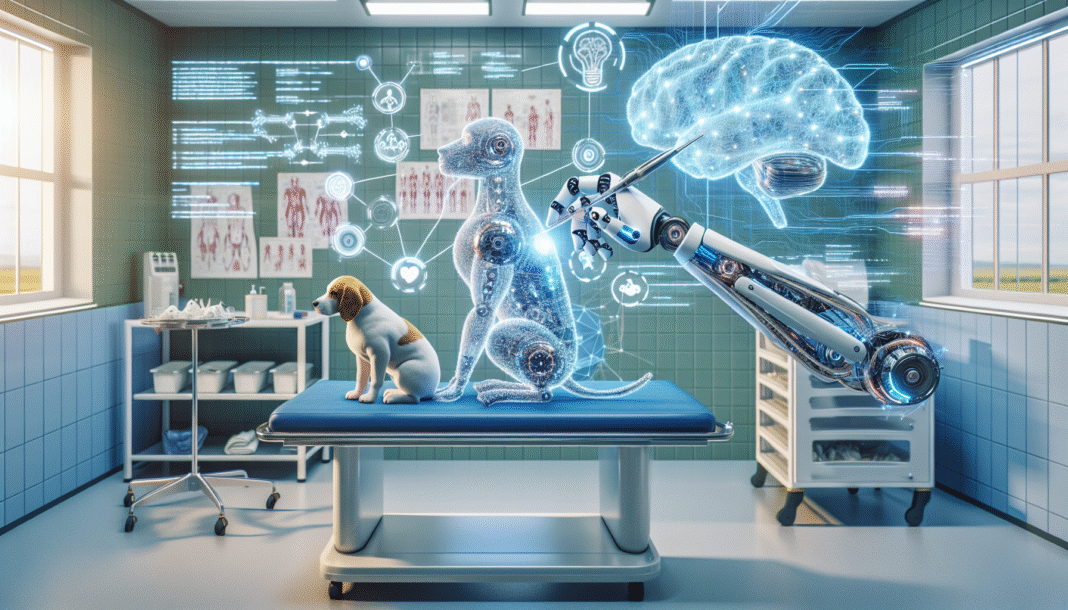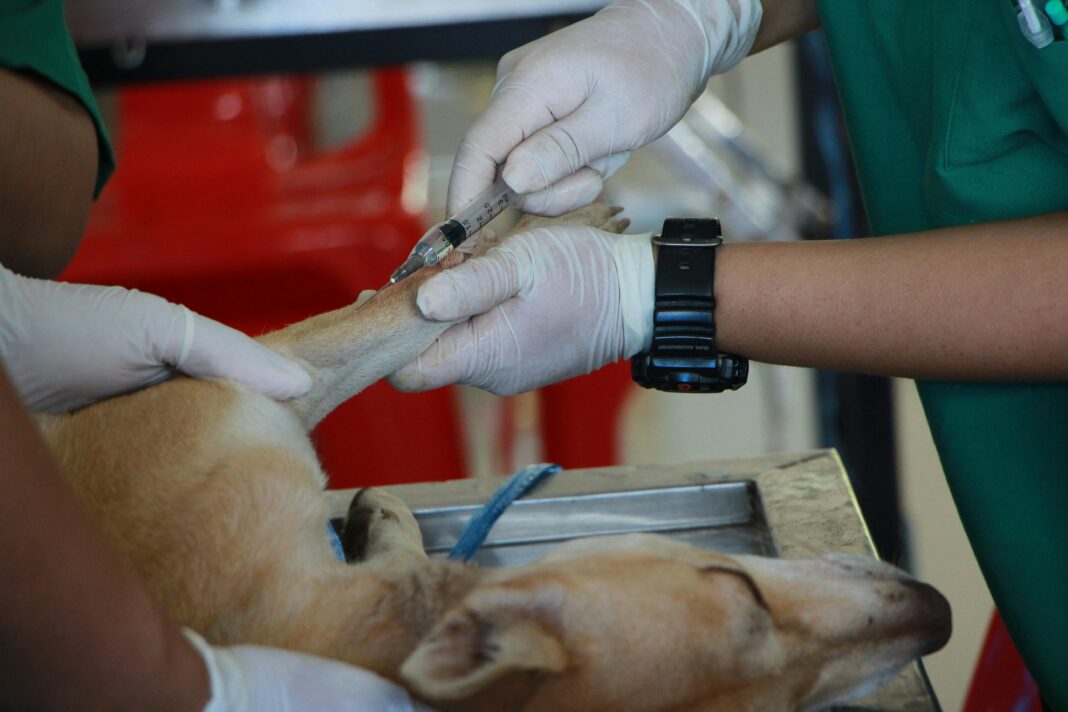In recent years, artificial intelligence (AI) has made a profound impact across various fields, and veterinary medicine is no exception. As a pet owner, understanding how AI is shaping the future of pet healthcare can help you make informed decisions for your furry companions. Let’s dive into how AI is transforming veterinary medicine, from diagnosis to treatment and prevention.
Understanding the Role of AI in Veterinary Medicine
AI is helping veterinarians enhance their practice by streamlining processes, improving diagnostic accuracy, and offering personalized care. By leveraging machine learning algorithms and vast datasets, veterinary professionals can now analyze pet health issues more effectively than ever before.
AI-Driven Diagnostics
One of the remarkable advantages of AI in veterinary medicine is its ability to assist in diagnostics. Traditionally, diagnosing issues in pets often required complex tests and expert interpretation. AI tools can analyze medical images (like X-rays) and provide preliminary results, flagging potential concerns such as tumors or fractures.
Practical Example: Medical Imaging
Imagine a scenario where your dog undergoes an X-ray. AI algorithms can compare the X-ray results with millions of similar cases, identifying abnormalities that might be easily overlooked by human eyes. This not only speeds up the diagnosis but also increases the likelihood of early detection, leading to better treatment outcomes.
Personalized Treatment Plans
Once a diagnosis is made, AI continues to play an integral role in crafting personalized treatment plans tailored to the specific needs of your pet. By analyzing a pet’s medical history, breed predispositions, and lifestyle factors, AI tools can suggest the most effective treatment options.
Tips for Pet Owners
- Keep Detailed Records: Share comprehensive health records with your veterinarian to ensure AI tools can recommend the best treatment strategies.
- Engage in Discussions: Don’t hesitate to ask your veterinarian about the AI tools they use and how those tools inform your pet’s treatment plan.
Predictive Analytics for Preventive Care
Preventive care is crucial in maintaining your pet’s health, and AI is revolutionizing this aspect of veterinary medicine as well. By utilizing predictive analytics, AI can identify risk factors for certain diseases based on age, breed, and lifestyle. This means that pet owners can be proactive rather than reactive when it comes to their pets’ health.
Identifying Risks
For example, certain breeds are predisposed to specific health issues, such as hip dysplasia in larger dogs. AI can analyze historical data and flag pets that may be at risk, prompting early screenings or lifestyle adjustments. Regular check-ups informed by AI suggestions can significantly reduce the chances of severe health problems later on.
Enhanced Communication with Pet Owners
AI-driven apps and tools also foster better communication between veterinarians and pet owners. These platforms can provide timely reminders for medication, vaccinations, and check-ups, ensuring that pet owners stay engaged in their pet’s healthcare routine.
Engaging with Tech
- Use Health Monitoring Apps: Many veterinary clinics now offer apps that allow pet owners to track their pet’s health journey. Regular updates ensure you remain informed about your pet’s condition and treatment.
- Follow Up with AI: Some platforms enable you to communicate with your vet through AI chatbots for minor queries, which can save both time and resources.
AI in Surgery and Emergency Care
AI technology is also making waves in surgical procedures and emergency veterinary care. Robotics and AI-assisted surgical tools can enhance precision during surgery, resulting in quicker recovery times and fewer complications.
Surgical Precision
Imagine your pet requires surgery for an issue such as a torn ligament. AI-enhanced systems can provide real-time insights during the procedure, helping veterinarians make informed decisions on the spot. Moreover, predictive algorithms can analyze post-operative recovery and highlight potential complications before they arise.
Ongoing Education for Veterinarians
AI is not only improving pet care but is also fostering ongoing education for veterinary professionals. Through continuous learning modules powered by AI, veterinarians can stay updated on the latest developments in animal healthcare, ensuring they provide the best care for your pets.
Benefits for Pet Owners
- Trust in Expertise: Knowing that your veterinarian is continually learning about new AI technologies and treatment protocols can give you peace of mind regarding your pet’s healthcare.
- Access to Advanced Treatments: Facilities employing AI techniques often have access to more cutting-edge treatments, which can be beneficial for your pet’s health.
Empowering Pet Owners with Information
AI tools are increasingly empowering pet owners by making health information more accessible. Online resources and apps can provide educational content tailored to your specific pet type, potential health concerns, and preventive measures.
Engaging with Pet Health Data
- Stay Informed: Utilize AI-driven educational platforms to understand common pet health issues and preventive measures.
- Participate in Forums: Engaging with other pet owners on platforms using AI can help you share experiences and insights about your pet’s health, making the journey easier.
Conclusion
With advancements in AI, the landscape of veterinary medicine is being transformed for the better. From faster and more accurate diagnostics to personalized treatment plans and enhanced communication, AI is paving the way for a future where pet healthcare is not just reactive but proactive and informed. Embrace this change, and stay engaged in your pet’s health journey leveraging the power of AI!





